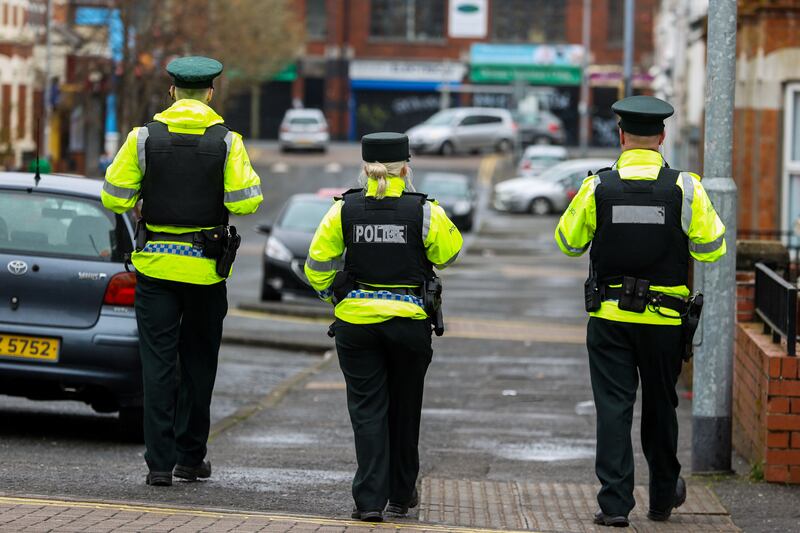A senior PSNI officer has called for speed limits across Northern Ireland to be reviewed after a spike in road deaths in 2023.
To date this year, 65 people have died on Northern Ireland’s roads, marking a five-year high.
The A5 road through Mid Ulster between Derry and Aughnacloy has been deemed Northern Ireland’s most treacherous route, resulting in more than 50 fatalities since 2006. Mid Ulster and Causeway Coast and Glens rank as the two districts with the highest number of road deaths over the past three years, both tallying 20 deaths.
The grim toll led to a call from PSNI Chief Superintendent Sam Donaldson for speed limits to be reviewed.
“I do think that some of our rural roads could come down from 60 to 50.
“My personal view is we should probably have a lot more 20-mile-per-hour zones in built-up areas.”
“I think there are some of our 60-mile-an-hour roads, particularly rural roads, which feel a little bit fast for me. I would be comfortable with some of those roads coming down to 50-mile-an-hour in places because rural roads are the most risky roads in Northern Ireland.”
In the Republic of Ireland, 180 people have lost their lives in the same period - putting both jurisdictions on track for bleak new records.
Distracted and careless driving have been major factors behind this year’s worrying rise, according to CS Donaldson.
“All you have to do is take your eye off the road, be focused on something else, and simply just not be concentrating on what’s in front of you. And before you know it, you’re involved in a collision,” CS Donaldson said.
- ‘Losing him was when I needed him the most’ - The devastation of road deaths laid bareOpens in new window
- Remembering those who have died on Northern Ireland’s roads in 2023Opens in new window
- ‘Too many people are taking chances on Northern Ireland’s roads’ - A plea from Road Safe NIOpens in new window
The Department of Infrastructure says over 95% of collisions stem from human error and CS Donaldson said “mobile phone use while driving is definitely a recent trend”.
Chief Superintendent Sam Donaldson said that when travelling at 60 to 70 miles per hour, “a lapse of even one to two seconds can cover a huge distance”.
“Before you know it, you’ve crashed into a pedestrian, cyclist or other vehicle. It still amazes me to see some people in really nice cars with their phones up to their ears. You have got a vehicle that has Bluetooth enabled, get your phone connected,” he added.
Careless driving and inattention is the largest contributor to road deaths in 2023, according to CS Donaldson, who launched the ‘fatal five’ campaign, which highlights the top five causes of road traffic collisions in Northern Ireland.
“The fatal five have been identified as a result of analysis and examination of road traffic collisions involving death and serious injury over a number of years,” CS Donaldson said.
“If I were to ask the average member of the public what the risks were to them when they’re on the road, I’d be pretty sure most would come up with these five factors.”
Roadside drug testing wipes will be provided to officers early next year in an effort to combat the rising numbers of drivers found to be under the influence of drugs, confirmed CS Donaldson.
The tests can identify marijuana, cocaine and other intoxicating substances in a driver’s saliva.
While revealing new efforts to catch drug-impaired motorists, CS Donaldson said: “Road safety is about prevention through education, not just enforcement.”
In terms of other key risk factors, he noted speeding as prevalent, saying limits indicate ‘maximums not targets’.
He also emphasised continuing issues around drunk drivers, saying: “It blows my mind that some still think that’s okay.”








